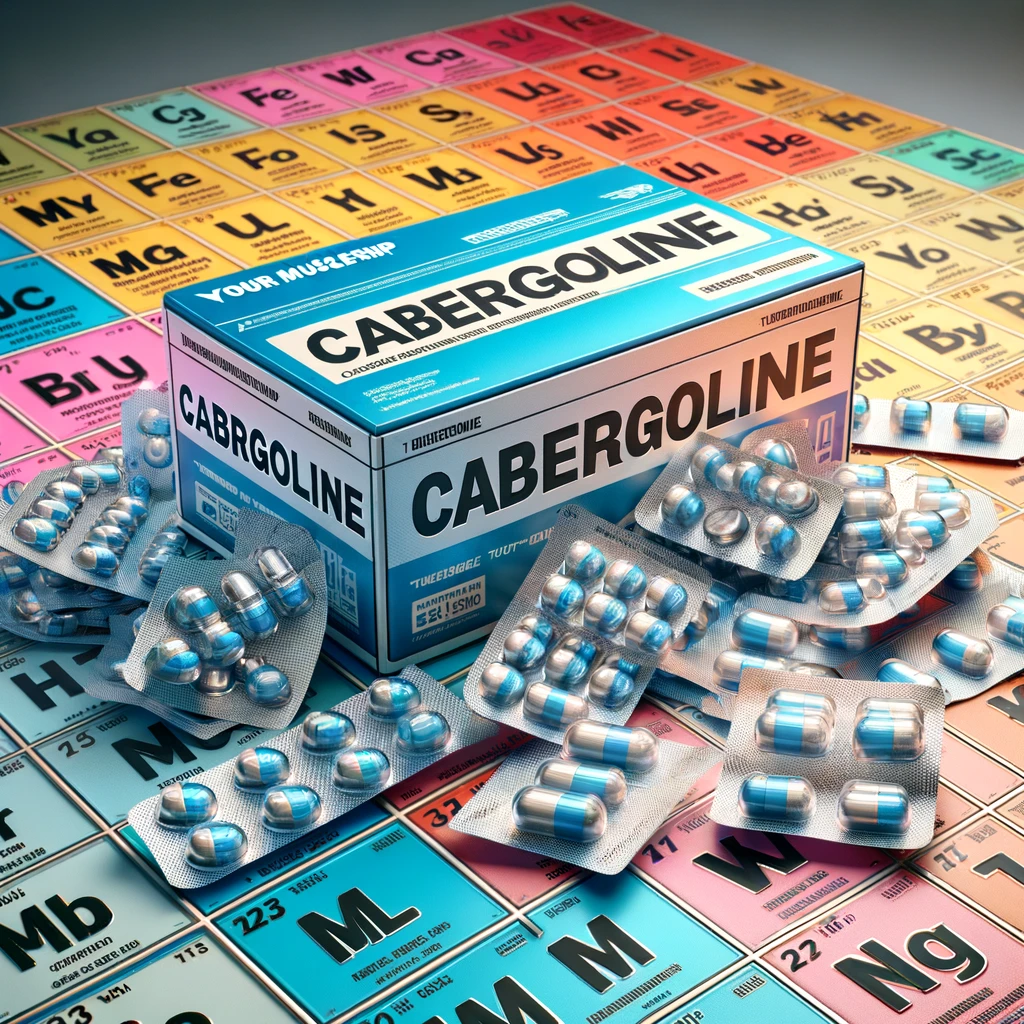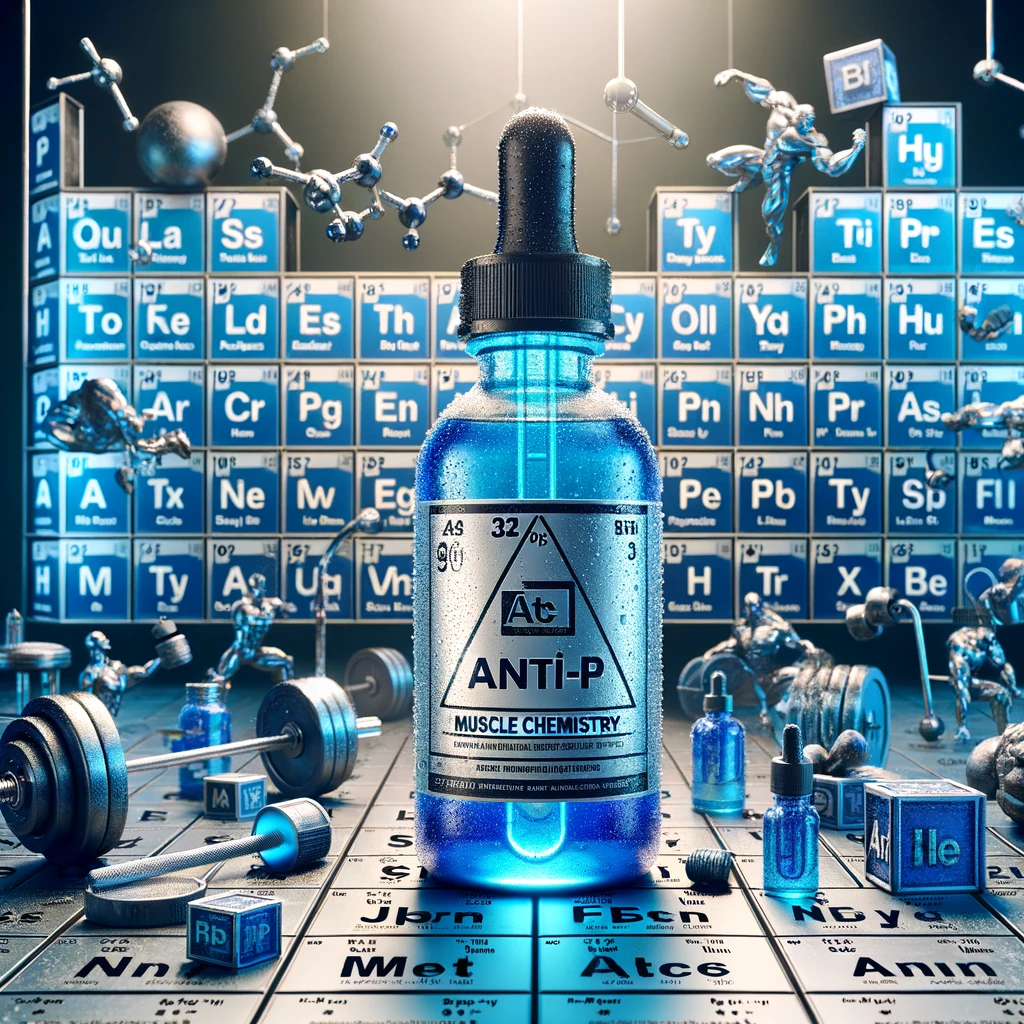Cabergoline Role in Bodybuilding: Combating Progesterone-Related Side Effects
In the world of bodybuilding, meticulous attention to detail is not just applied to training regimens and diet plans, but also to the nuanced management of anabolic steroid cycles and their associated side effects. One particular medication that has found its way into the bodybuilder’s toolkit for this purpose is Cabergoline aka Dostinex (Anti-P). This article delves into how Cabergoline is used by bodybuilders to counteract progesterone-related side effects induced by certain steroids and outlines its popular dosages and mechanism of action.
The Need for Cabergoline in Bodybuilding
Some anabolic steroids, when used for muscle growth and performance enhancement, can aromatize to progesterone. Aromatization refers to the conversion of one hormone into another, and in this context, it can lead to an increase in progesterone levels in the body. Elevated progesterone can mimic estrogen effects, leading to side effects such as gynecomastia (development of breast tissue in men), bloating, and mood swings. To mitigate these unwanted outcomes, bodybuilders turn to Cabergoline, a drug initially developed for medical use.
Cabergoline Mechanism of Action
Cabergoline is a dopamine agonist that works by binding to dopamine receptors in the brain. Its primary medical use is to treat disorders resulting from high levels of prolactin, another hormone that can increase as a result of elevated progesterone levels. By activating dopamine receptors, Cabergoline inhibits prolactin secretion in the pituitary gland. This reduction in prolactin indirectly helps to manage progesterone levels in the body, as both are closely related hormones. Therefore, by keeping prolactin and progesterone levels in check, Cabergoline aids in preventing the progesterone-related side effects associated with the use of certain anabolic steroids.
Popular Dosages in Bodybuilding
The dosage of Cabergoline for bodybuilding purposes varies depending on individual responses, the specific steroids used, and the length of the steroid cycle. However, there are general guidelines that many in the bodybuilding community follow:
- Preventive Use: For those looking to preemptively mitigate the risk of progesterone-related side effects, a common dosage is 0.25 mg taken twice a week. This dosage may be adjusted based on personal tolerance and the severity of side effects experienced.
- Active Management: If symptoms of elevated progesterone are already present, bodybuilders might increase the dosage to 0.5 mg twice a week until symptoms subside.
It’s important to note that Cabergoline should be used cautiously, and ideally under the guidance of a healthcare provider, as it can have significant side effects and interactions with other medications.
Conclusion
While Cabergoline is not a substance originally intended for bodybuilding use, its mechanism of action offers a strategic advantage in managing the delicate hormonal balance affected by anabolic steroid use. By inhibiting prolactin secretion and indirectly controlling progesterone levels, it helps athletes avoid some of the less desirable effects of their performance enhancement strategies. Nonetheless, its use should be approached with caution, bearing in mind the importance of responsible dosing and the potential need for medical supervision. As with any drug, the benefits must be weighed against the risks, especially in the context of non-medical applications.


